If it seems like everyone around us is reaching out for a shoulder to lean on in this time of the pandemic, then that need is urgent, desperate and acutely experienced when it comes to those marginalised by mainstream society. In speaking to members from the LGBTQ+ communities, it becomes evident that differences are further magnified within these communities. Factors like caste, class, creed and corporeal compositions which are already hurdles to accessing benefits in the mainstream become more crippling. And much like other support institutions battling to provide care and assistance, these LGBTQ+ safe spaces have been forced to go online as well.
While there have been some fundamental changes engendered by this shift, there are other issues that have only become clearer. And addressing them will be the demanding hard work needed to ensure an equitable future for these groups, as well as our societies at large.
For Good As You , the longest, continuously running LGBTQ support group, which has been around for more than 25 years, it was a no-brainer to move their physical weekly meetings to an online platform. “And it was immediately interesting to see who began coming for the meetings,” according to the openly gay Srinivas Muktha, a software engineer who volunteers with the group and has been actively attending its activities since 2005. “In the past, people would come for the meetings either through the route of counselling or accompanied by friends. With the newer members on these online meetings, there has been no such pattern. In fact, for a lot of them, it was their first time socially interacting with the community and not just for hook-ups as before. These new members are logging on from towns in coastal Karnataka, Andhra Pradesh, and we have a few people attending from the North as well,” he points out. “In the before times, distance and commitment would be the common reasons behind the floating population at the weekly meetings, but presently, location and distance aren’t factors at all,” he adds.
Another significant change that Srinivas has noticed has been the multiple languages being spoken on these online meetings. “There has always been an effort to translate any member who wants to speak in a language they are comfortable with at the meetings. In reality, English has become the default language. But with these online platforms, being able to simultaneously translate people through text in the chat window has changed this aspect,” he tells us. And people aren’t bothered at all because we’re so used to reading subtitles, he quips. “This has allowed people to speak up at these meetings even if it is their first time attending it. And language isn’t the barrier any longer,” he adds.
This increase in attendance and need for conversation with others from the LGBTQ+ communities is also something witnessed by Rohini Malur, a communications manager, who is a founding member of All Sorts of Queer, a support group and safe space for all queer people who aren’t cis-men, which started in 2016. “We would do Wednesday Drinks as a weekly meetup before, but hardly anyone would show up. In these times, with an increasing sense of loneliness and helplessness, our weekly online meetings are very well attended,” she says. “For many of our members, who are women, non-binary and trans, it has been a difficult situation. Emotionally for sure, but even physically in some instances with being forced to move back with their birth families for different reasons. Either they’re ‘out’ but live with a disapproving family or they’re ‘not out’ and have had to suppress their desires and its expressions,” she explains. “Or it is harder because they’re living alone, we’ve had instances of members of the group moving in with each other to battle these feelings during the lockdowns,” she added.
For the heterosexual community and cis-queer men – by and large – the home has always been the safe space. Therefore returning, rediscovering and refurbishing it has been their present preoccupation in this period of social distancing. This hasn’t been the case at all for members of the trans community, says Kanaga, a Chennai-based trans woman who has been volunteering for several years with a number of organisations working for transgender rights in Tamil Nadu, besides working as an IT consultant. While Kanaga notes the transition of safe spaces into online forums as a positive move, she does want to point out an oversight. “The problem within our larger community has always been one of access,” she stresses. “Who gets to use the terms ‘mental health’, ‘stress’, ‘self-care’? Who gets to access these new online avenues when these ‘safe spaces’ have always been trans-exclusionary? Who among us gets to have a ‘home’?” she asks.
“There’s a subset of the community who still need these physical safe spaces. The trouble is for a majority of the trans community, the safe space cannot be converted into the digital forum. Among my own circle of friends and acquaintances in the community, I saw the way that they missed this year’s Pride March though it happened online. For them, they miss dressing up for cultural events and going wild during the March. They’ve had to keep it all together for an entire year and at these community gatherings, they just let it go. So for us, from the trans community, these drop-in centres, physical safe spaces and houses of our friends are very necessary still,” she explains.
While in her own experience, Kanaga did seek out online spaces over a decade ago in a bid to be seen as she wanted to be seen, called by the names and pronouns she preferred, through working with her community she has also come to see the slippages that happen in this seemingly easy move to the online space. “In a community where personal space isn’t a given, it is already hard to access basic needs, and if one does access these digital forums, the ingrained trans-exclusionary nature of these spaces has made sure that the gatekeeping is done thoroughly so that only a few of us can even squeeze through,” she remarks.
And in the instances where funds have been gathered to support these basic needs of the trans community, one trips over another hurdle. “An organisation I was volunteering with had received aid and had even transferred the money to each trans person’s bank account. While most of them could go to a nearby ATM and withdraw the funds, some of them couldn’t. One of them was this disabled trans woman who couldn’t get any transport to gain access to the money because of the lockdowns. We managed to help her in this instance, but there’s always a little bit extra that can be done with regards to easing the lives of the marginalised communities, even the subset within a larger one,” she adds.
This need for private space, paraphernalia and ‘poshness’ to reach out to online safe spaces for community and camaraderie has also been pointed out by another subset of the LGBTQ+ community – the trans men community. Gee Imaan Semmalar, a trans man, currently a PhD candidate at the University of Kent, is a member of the working group of Sampoorna , a dedicated group of trans and intersex Indians. “Sampoorna began in the mid-90s and was founded by three trans men and a trans woman who helped each other with medical and legal information. In 2004, the listserv was set up to enable sharing of information within an expanding circle of trans and intersex people. It still exists as a goldmine of the history of early conversations between trans men – regarding medical transitions as well as the mundane,” he quickly adds. While Gee echoed Kanaga’s observations with regards to the issues of “safe spaces” and “accessibility” faced by the trans male and intersex communities, he was able to point out one of the ways they’ve overcome the literacy problem. “I’ve noticed a boom in WhatsApp groups populated with trans men, and I’ve even been added to a couple of them. The voice message feature has really allowed us to connect, care and crowd-source help for one another inspite of the distances. These groups communicate in different languages, allowing for ease in communication. I’m part of one with over a hundred trans men from Kerala,” he attests, pleasantly surprised.
Gee points out that even with the shifts and new avatars that safe spaces are taking to tackle crises in the time of the pandemic, these might just be stop-gap solutions. There needs to be a more rigorous approach to this idea of safety itself. “The violence of the natal family still continues, one hears in the stories of the trans men stuck at home with their families that the violence has heightened, with them being forced to dress the way they don’t want to or constantly being nagged about marriage, and in these times they can’t even run away to someone’s house because there’s an understandable fear of exposure to the virus,” he says.
He also notes that certain support systems had long stopped before the emergence of this global situation. “Shelter homes for the LGBTQ+ community have long been shut down, and there’s a marked decrease in neutral spaces that would have acted as half-way homes for those who need it,” he adds. “And there might be a serious need to even redefine the very idea of ‘safe space’ after all this time. Even the home has proven to be otherwise, as seen with the brutal murder of trans-activist Maria at her own home in Kollam district, Kerala,” he argues. Kanaga underscores this concern when she says, “It isn’t safety if it isn’t guaranteed for all of us and is in the service of just some of us.”


)




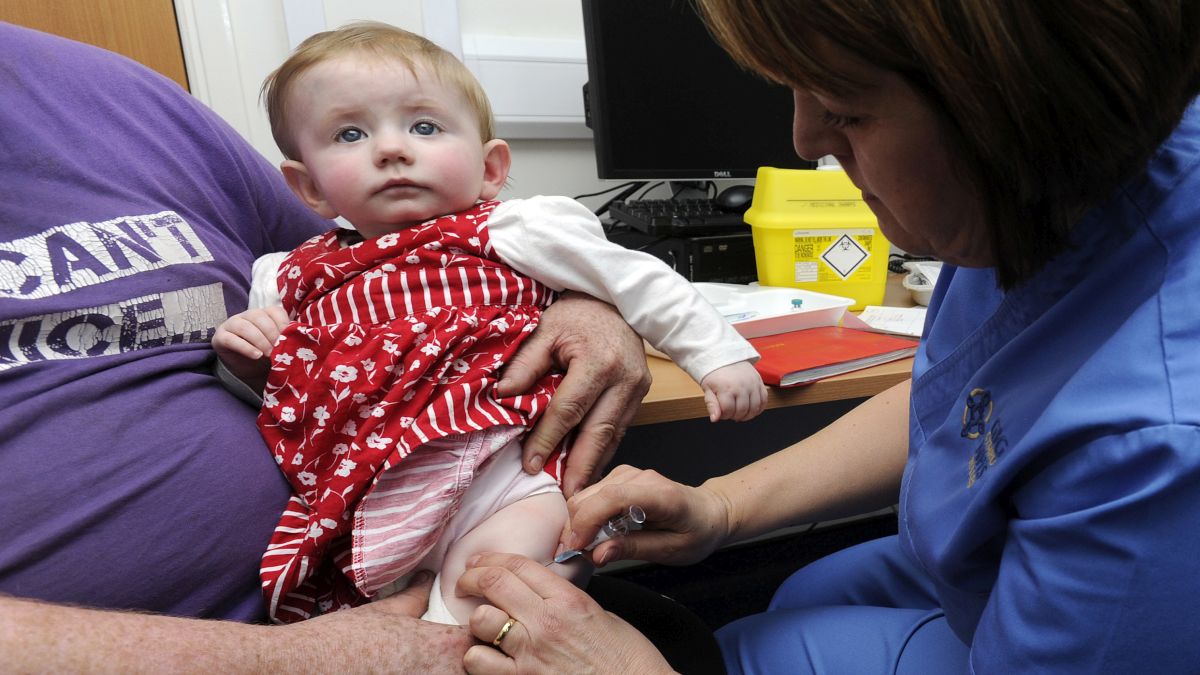)
)
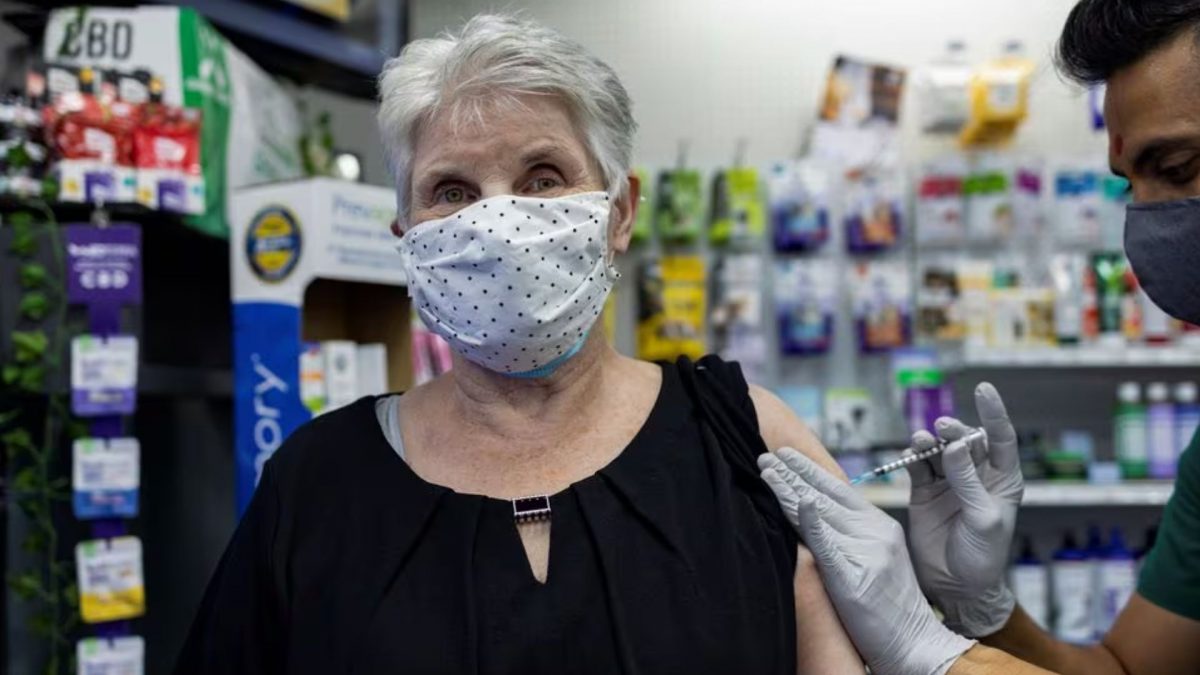)
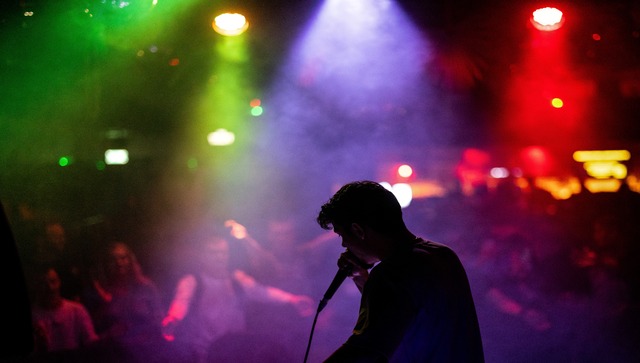)
)
)
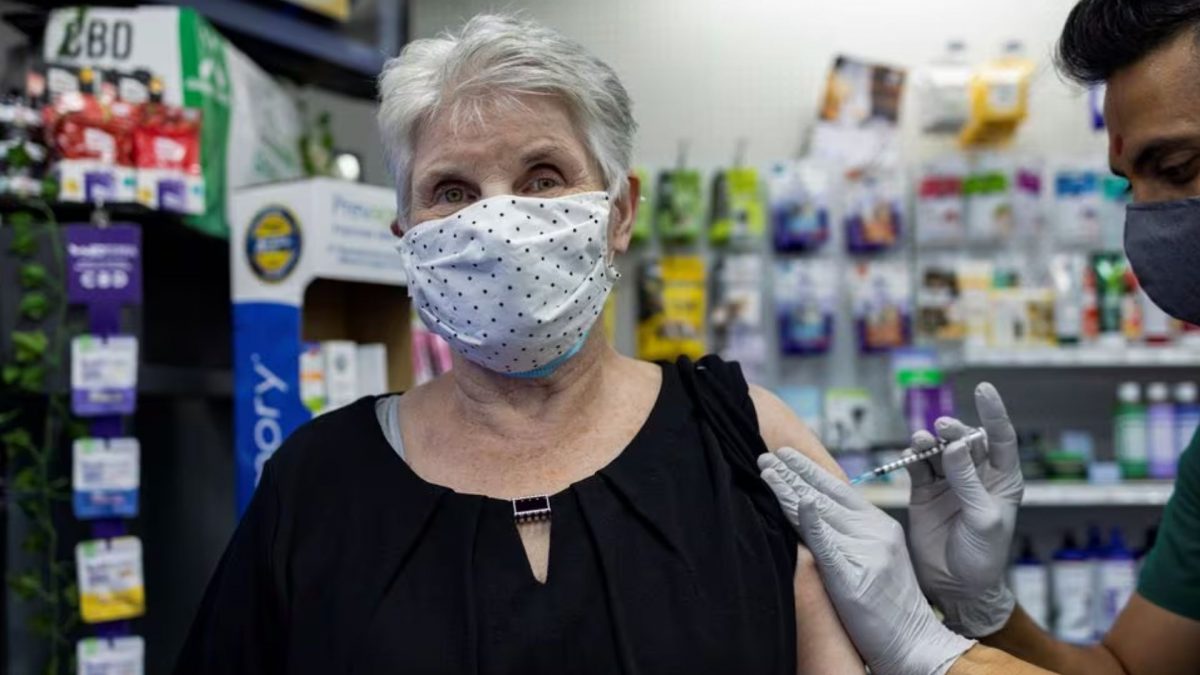)
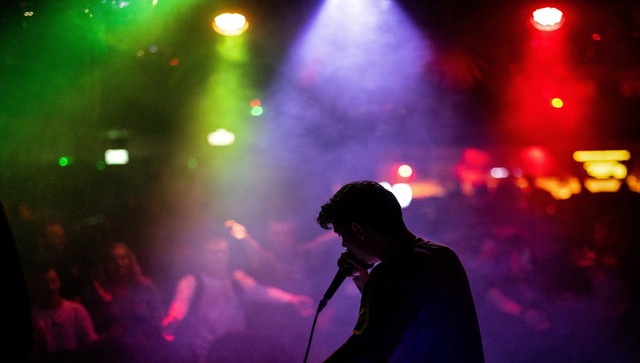)